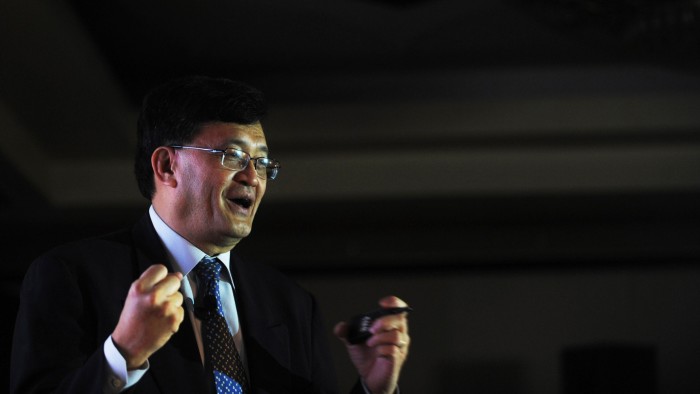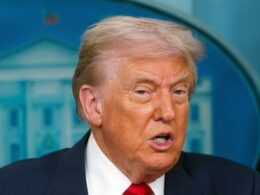Unlock the Editor’s Digest for free
Roula Khalaf, Editor of the FT, selects her favourite stories in this weekly newsletter.
Intel’s new chief executive has promised a major “culture change” at the US semiconductor group, saying he will prioritise attracting talent, building relationships with customers and slashing bureaucracy.
Speaking at a company conference in Las Vegas on Monday, Lip-Bu Tan also said Donald Trump’s administration is prepared to help Intel as the federal government seeks to maintain US semiconductor leadership.
Tan, a longtime investor in the sector and former CEO of chip software company Cadence, was appointed to lead Intel earlier in March. His appointment followed a four-month search for a successor to Pat Gelsinger, who the board ousted in December.
Tan said his top priority would be “to recruit some of the best talent in the industry to come back or join Intel”, combined with a new culture of innovation that would see Intel act like a “day-one start-up”.
“Bureaucracy kills innovation,” he warned in his first public speech as CEO.
Intel has slashed some 15,000 employees since it announced cost-cutting measures in August as part of a plan to revive its fortunes. The group will also spin off some “non-core businesses”, Tan said, while reiterating the company’s commitment to remaining in the chip manufacturing business, which some investors have called on it to divest.
Tan said he was committed to building a “great foundry”, noting it would require him to foster relationships with “two or three very important customers”. Intel, he said, would “depend on them to help us”.
Tan did not name the customers, but the likes of Nvidia and Apple have yet to commit to Intel as a manufacturing partner.
The Trump administration has also explored options for helping Intel, and Tan said he would reach out to them for help.
“They are asking me: what can we help [with]? And definitely I will come to get their help to do what we need to do,” Tan said.
Gelsinger’s departure last year marked a deepening crisis at the group, as it struggles to compete with Taiwan Semiconductor Manufacturing Company in the manufacturing business, while lagging far behind rivals Nvidia and AMD in the artificial intelligence chip design space. Intel’s shares have dropped 49 per cent over the past year.
Tan said he was “not happy” with the company’s current position in the AI data centre chip space and that it would learn from “past mistakes”.
Source link









